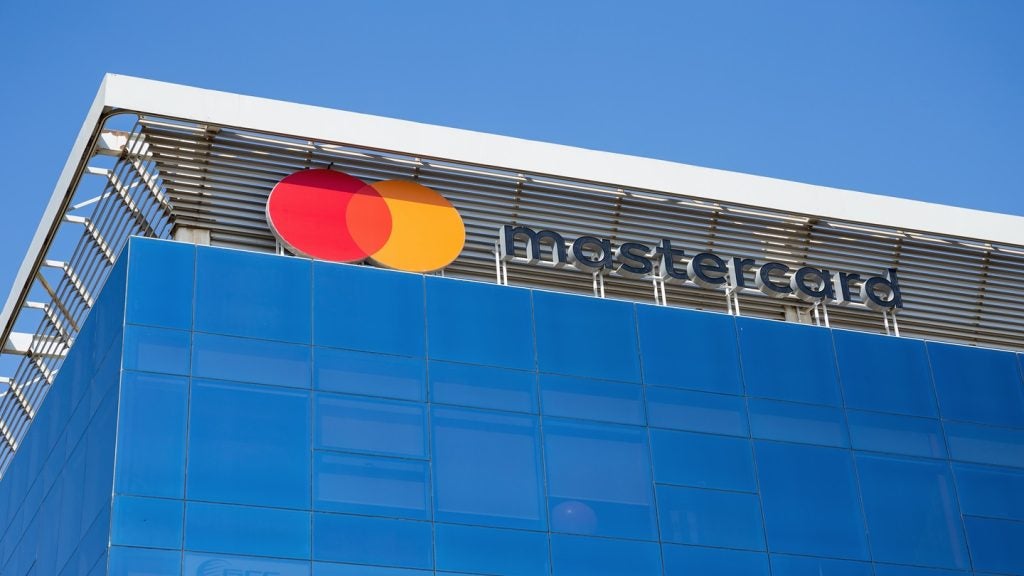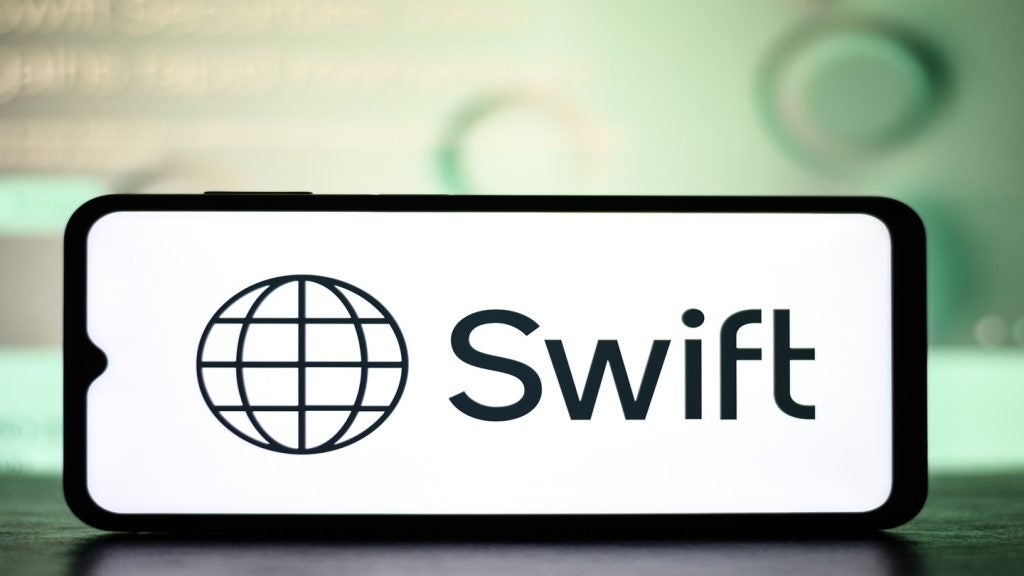Cash still reigns in Spain, but electronic payments have gained some ground. With banking penetration high and the economy recovering from crisis, can the government increase consumer awareness further?
While Spain has progressed in terms of implementation of electronic payments, more can be done. Cash accounted for 79.8% of Spain's total transaction volume in 2015.
Growing acceptance of payment cards by retailers, and growth in contactless technology are expected to reduce cash's industry share over the forecast period (2016-2020).
Although card use remains relatively low, Spain had a robust and rapidly growing payment cards market until the global economic and European sovereign debt crises.

Use of payment cards was also supported by a steady fall in interchange fees. With new EU interchange fees in place, payment card transaction volumes and values are forecast to grow. Ongoing efforts by Banco de España – Spain's central bank – and commercial banks to promote electronic payments are expected to support growth.
How well do you really know your competitors?
Access the most comprehensive Company Profiles on the market, powered by GlobalData. Save hours of research. Gain competitive edge.

Thank you!
Your download email will arrive shortly
Not ready to buy yet? Download a free sample
We are confident about the unique quality of our Company Profiles. However, we want you to make the most beneficial decision for your business, so we offer a free sample that you can download by submitting the below form
By GlobalDataBanking penetration is very high in Spain, at 97.6% in 2014 according to the World Bank's Global Findex survey. Government efforts and investments in payment infrastructure have grown the banked population.
The central bank and commercial banks have played key roles in increasing awareness through financial literacy programmes such as workshops and promotional campaigns. High banking penetration has resulted in rises in the total number of bank accounts,
and products such as debit cards.
Debit cards continue to dominate
Debit cards remained the most widely used payment card during the review period (2011-2015), accounting for 61.8% of the total card transaction volume in 2015.
The market recorded the fastest reviewperiod compound annual growth rate of 5.04%, in terms of transaction volume, supported by continued migration of low-value cash payments to debit cards, new regulation prohibiting banks and ATM network providers from charging customers twice for cash withdrawals, and rising adoption of contactless technology in debit cards.
To increase the adoption of debit cards, banks in Spain focus on both salaried employees and pensioners, offering benefits to both.
BBVA, for example, waives account maintenance and fund transfer fees for salaried account holders, while CaixaBank offers them preferential mortgage rates, discounted rates for purchases of used vehicles and apartments, and loans of up to six times the borrower's monthly income through its MultiEstrella programme.
Pensioners are exempted from account maintenance and fund transfer fees. Account holders are offered a debit card free of charge, and are entitled to loans through the Nómina-Pensión scheme.

Growing adoption of contactless
Contactless technology is gaining traction in Spain, with banks and payment companies introducing new solutions to gain market share. Recent initiatives include the launch of Samsung Pay in January 2016, and Orange Cash in May 2015.
In December 2013, CaixaBank launched contactless mobile payments in association with Visa Europe, and telecoms service providers Orange, Telefonica and Vodafone.
The Spanish government also supports initiatives to implement contactless technology. During the Barcelona Smart City project in August 2012, 8,000 locations in the city were equipped with NFC and quick response (QR) touch points.
The initiative aimed to improve consumer awareness of the benefits of technology.








